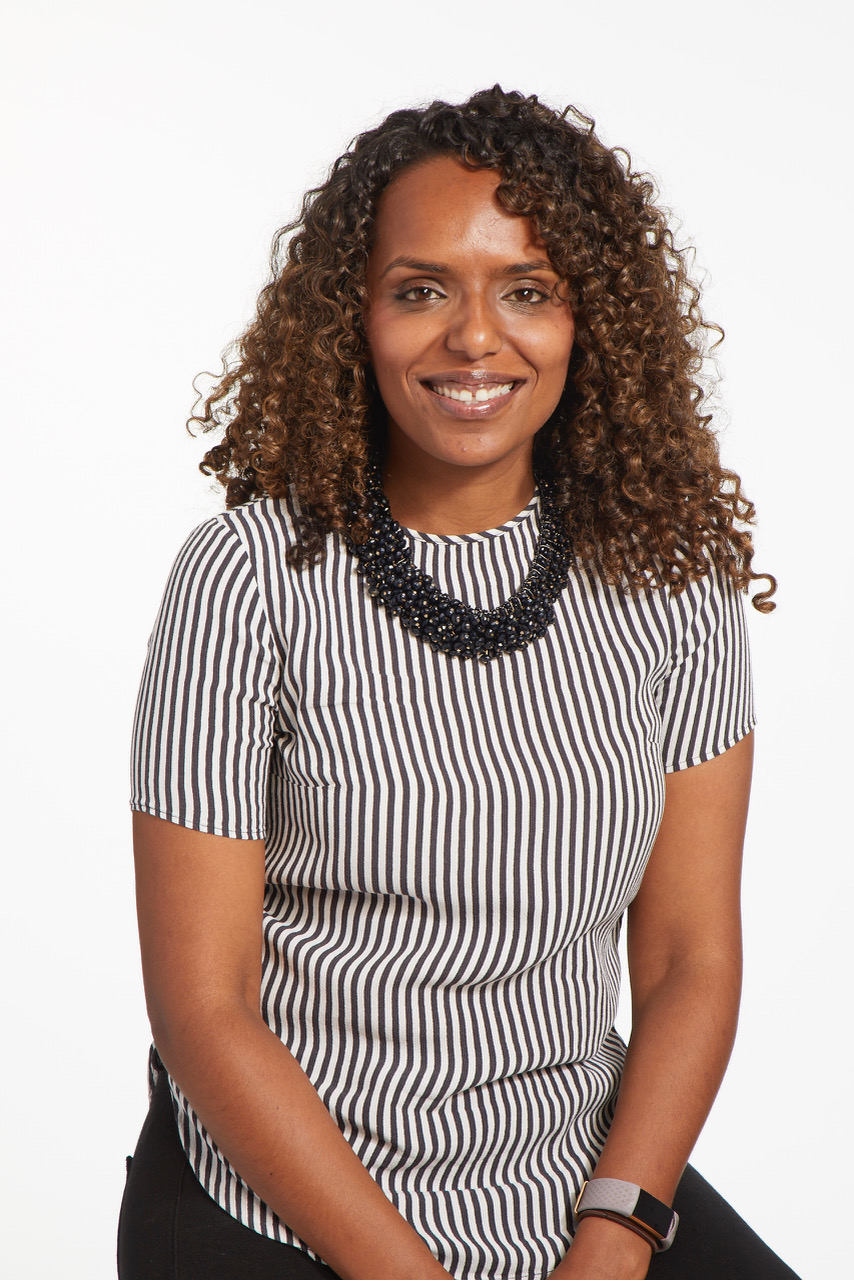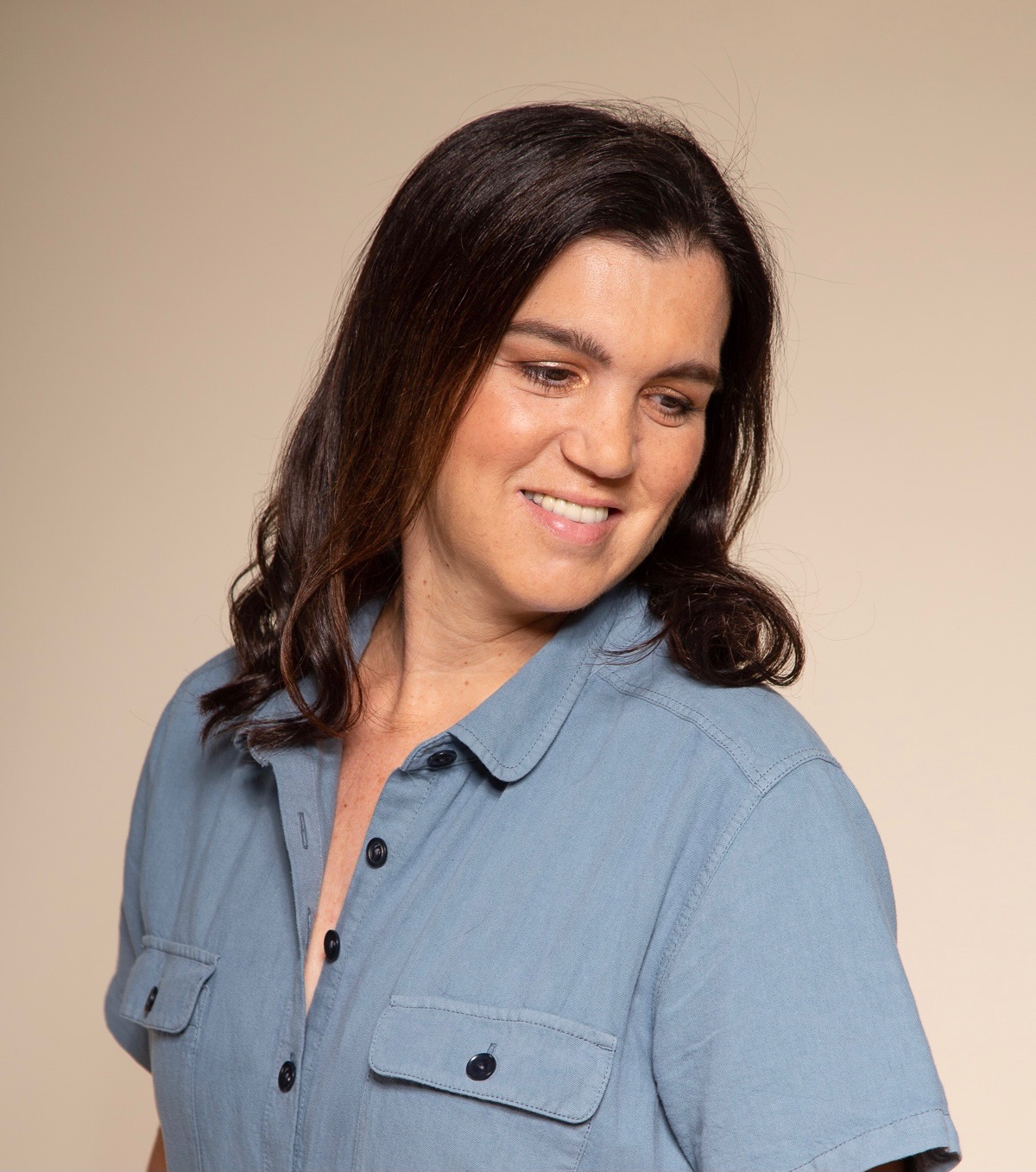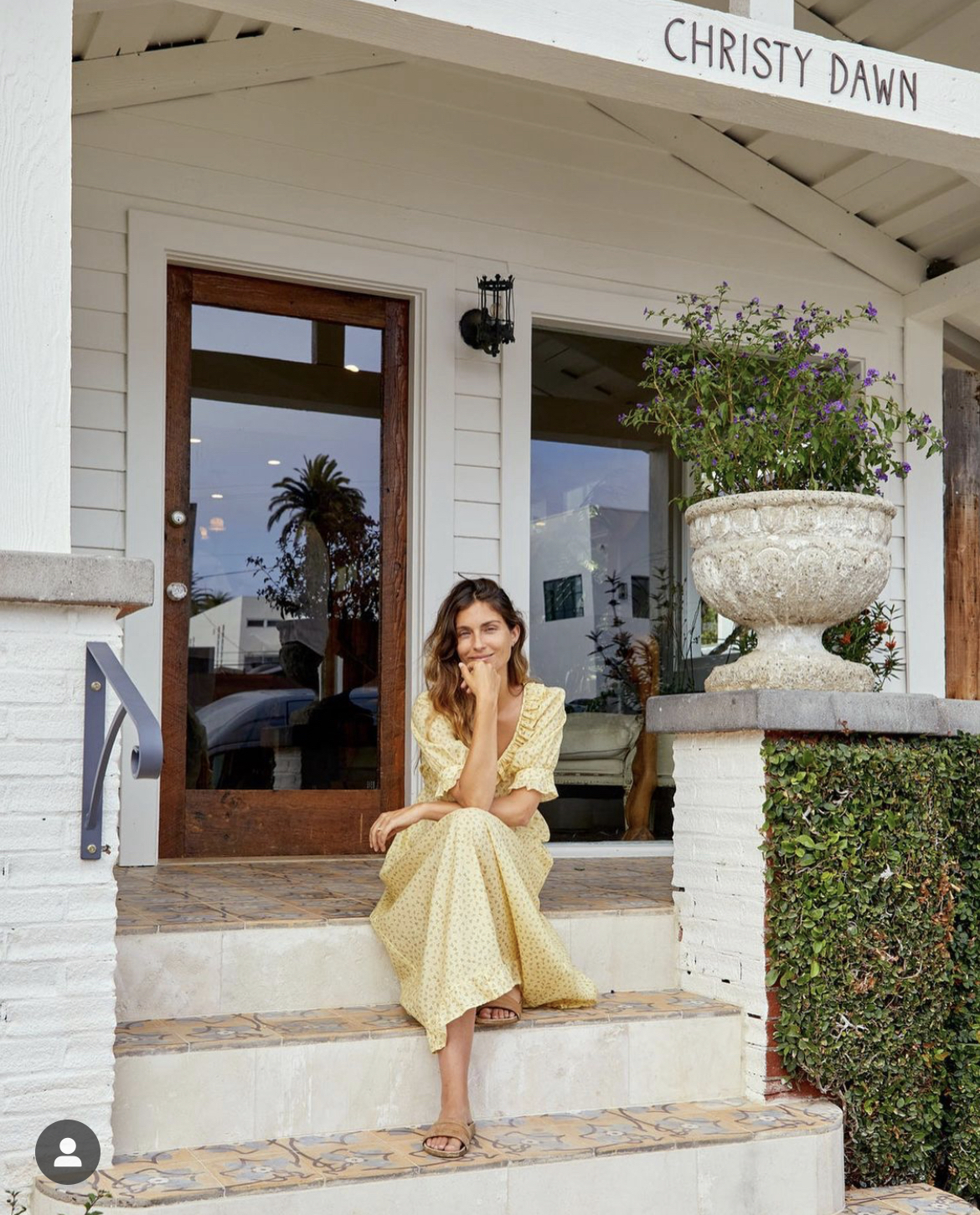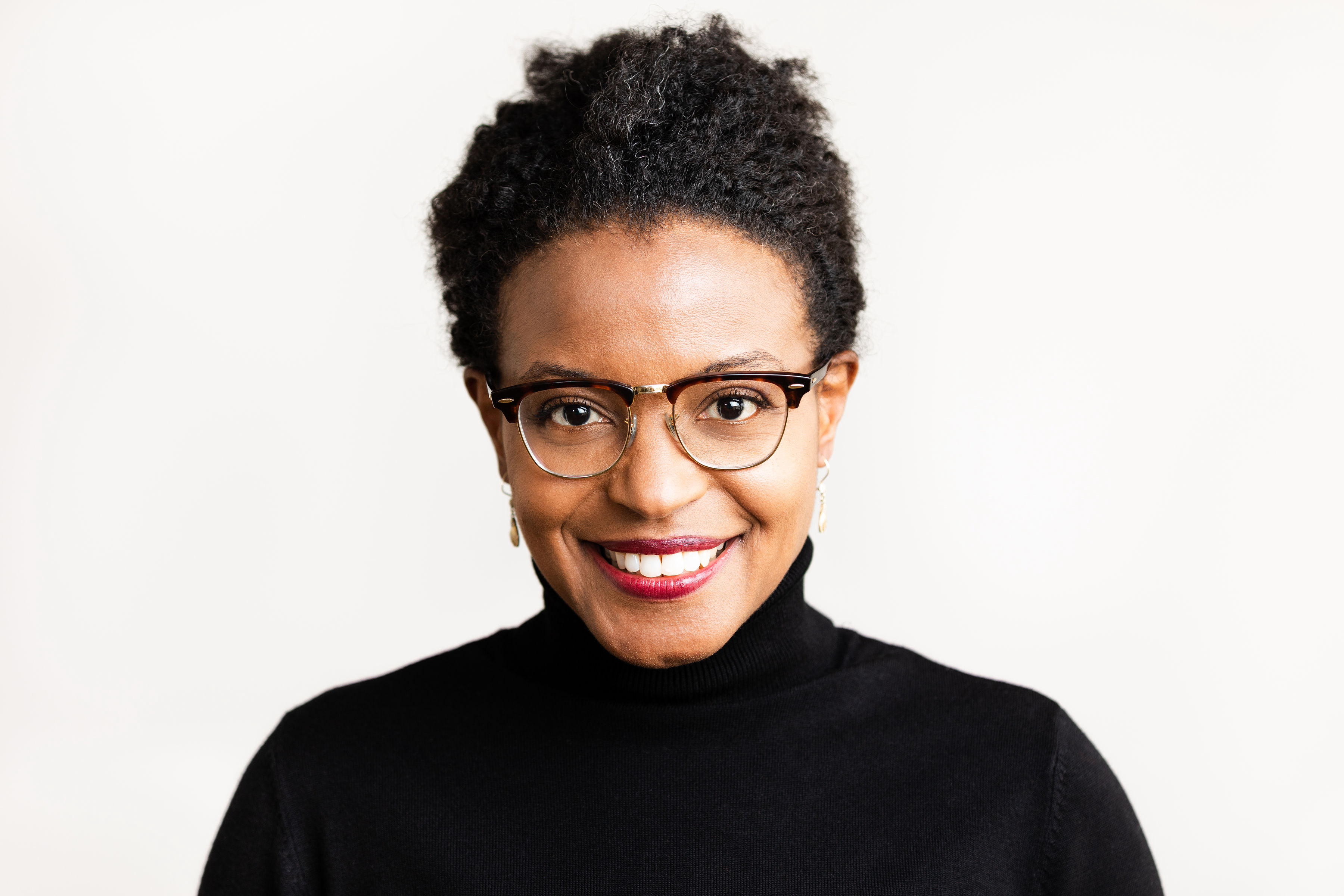Changing how we interact with the planet is no small task. Humans are locked into some pretty destructive cycles, from how we grow food to how we dispose of our clothes and old iPhones. When it comes to solving how we can break those cycles we don’t always agree or have all the answers, but one thing we do know is that change needs to come sooner rather than later.
Luckily, there are people far smarter than us working right now to not only make the everyday products in our lives more sustainable, but they are also figuring out how we can redirect where that stuff goes when we don’t need it anymore. That’s where the four women below come in. Each of these forward-thinkers is blazing trails in how we make clothes, how we grow food, and where our trash goes.
This eclectic mix of women will introduce you to new ideas, help you to foster more sustainable communities, and may even find a breakthrough that changes the way we eat. These women might revolutionize our world.
Meet Reham Fagiri:

Reham Fagiri saves furniture and fixtures from landfills. Born and raised in Sudan, Fagiri is the co-founder and CEO of AptDeco, a furniture marketplace across the Northeast (New York, New Jersey, Connecticut, and Philadelphia Metro) and the San Francisco Bay Area.
This Wharton MBA grad figured out a way to make furniture resale user-friendly, helping people and the planet. “When I was moving, I had some furniture items that I needed to sell in a timely manner,” Fagiri tell us. “I had invested time and money in these pieces. Throwing it out or leaving it behind felt irresponsible and wasteful.”
For Fagiri, the easier furniture resale can become, the easier it will be to divert and upcycle to a new home, office, or any other spot. So she created AptDeco, which handles all the nuts and bolts that come with buying and selling used furniture, including online payments, assembly, pickup, and delivery. Fagiri basically made it easier to upcycle your old furniture than take it to a landfill.
Meet Lauren Gropper:

Lauren Gropper is working towards a solution to our plastic problem with the end goal of eliminating plastic pollution altogether. As the founder and CEO of Repurpose, Gropper is making it easy to replace disposable plastic products with plant-based non-toxic compostable alternatives.
“We believe that sustainability should be convenient,” Gropper tells us. “We are grateful to be part of building a sustainable future for all but there’s still so much to do.” Through Repurpose, Gropper works to help us all make sustainable choices that can easily fit into our daily lives from compostable plant-based wine cups to everyday compostable sandwich bags to toilet paper and tableware.
Meet Christy Dawn:

Christy Dawn has blended sustainable farming with regenerative practices and fashion through her apparel brand of the same name. She is championing the idea of “farm-to-closet” fashion that doesn’t just stop at where clothes are made, but where the fabric is sourced from and grown.
Dawn and her partner, Aras, founded the Farm To Closet initiative to go beyond sustainability and address the connection with ecosystems, communities, and our carbon footprint. “When you support Farm-to-Closet, you are actively joining the Regenerative Revolution,” Dawn exclaims.
Dawn’s company leased 24 acres of depleted land in Erode, India as an experiment to see if they could regenerate the soil and grow cotton while working directly with local farmers and artisans and paying them a (local) living wage. After two years, the 24 acres have successfully drawn down more than 66 tons of carbon from the atmosphere. The soil — that was once chemically-treated, barren land — now supports crops and local wildlife. While it’s only a small step, it’s a step in the right direction and worth following the Christy Dawn story to see where it goes.
Meet Dr. Lisa Dyson:

Dr. Lisa Dyson is a mission-driven scientist and entrepreneur with a passion for creative problem-solving. Founder & CEO of Air Protein, Dyson wants to reinvent how food is produced in order to sustainably feed ten billion people on Earth by 2050. Air Protein makes meat from elements of the air. Yes, you read that correctly. The process uses protein cultures and mixes them with carbon from the air to create a fermentation process that grows protein. This process was first introduced in the late ’60s by NASA scientists who explored a way to feed astronauts on long space journeys.
Dr. Dyson is an unstoppable thought leader in sustainability with degrees from MIT, the University of London, and Brandies in physics and mathematics. Considering farmed protein is one of the biggest contributors to greenhouse gases (fueling climate change), Dr. Dyson turned her attention and knowledge of String Theory and Quantum physics to find a way to make more sustainable proteins from the elements in the air we breathe.
It might sound like Star Trek-level sci-fi but if anyone’s going to crack the code of protein without factory farming, it’s probably going to be someone like Dr. Dyson.







